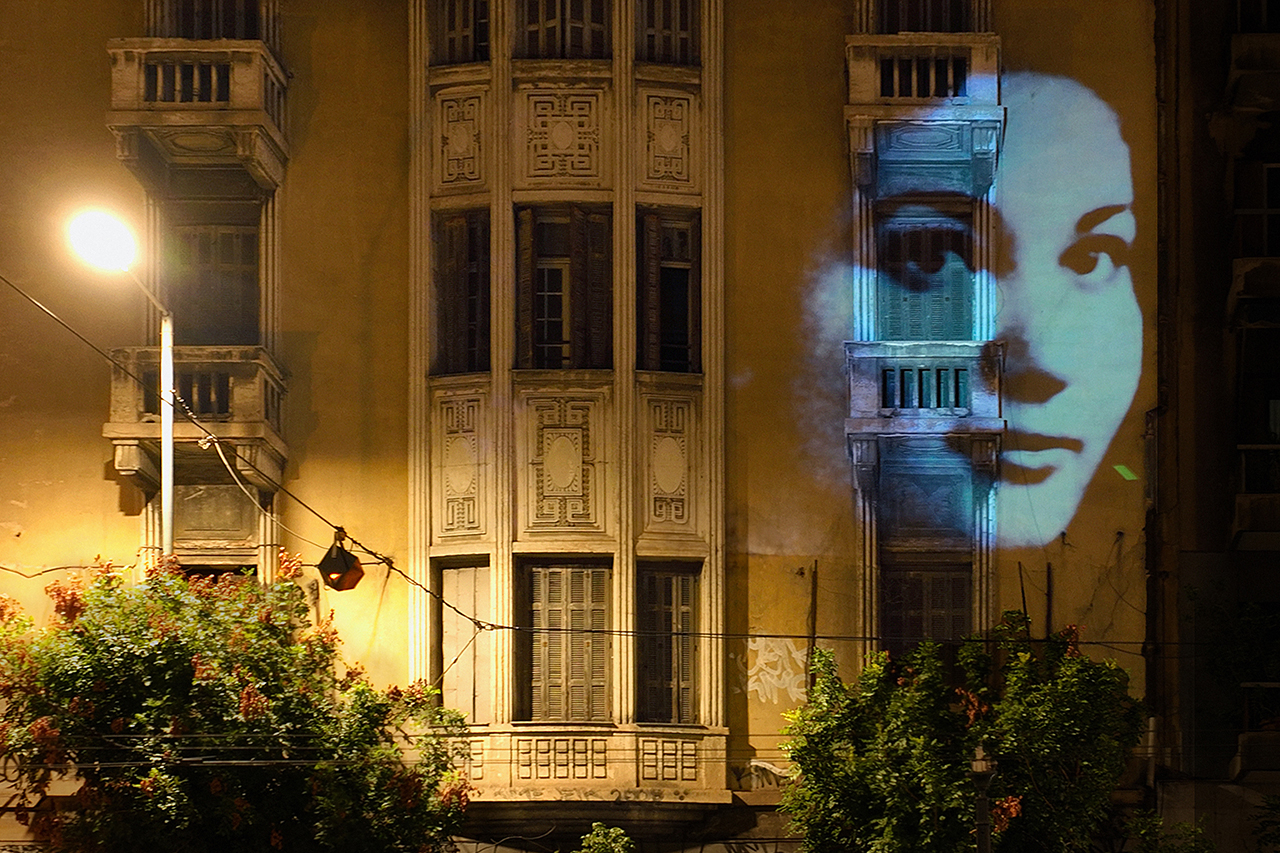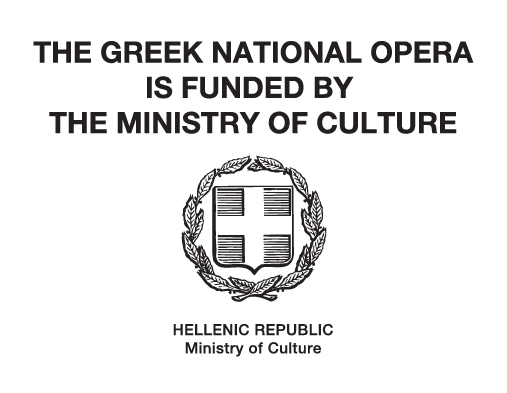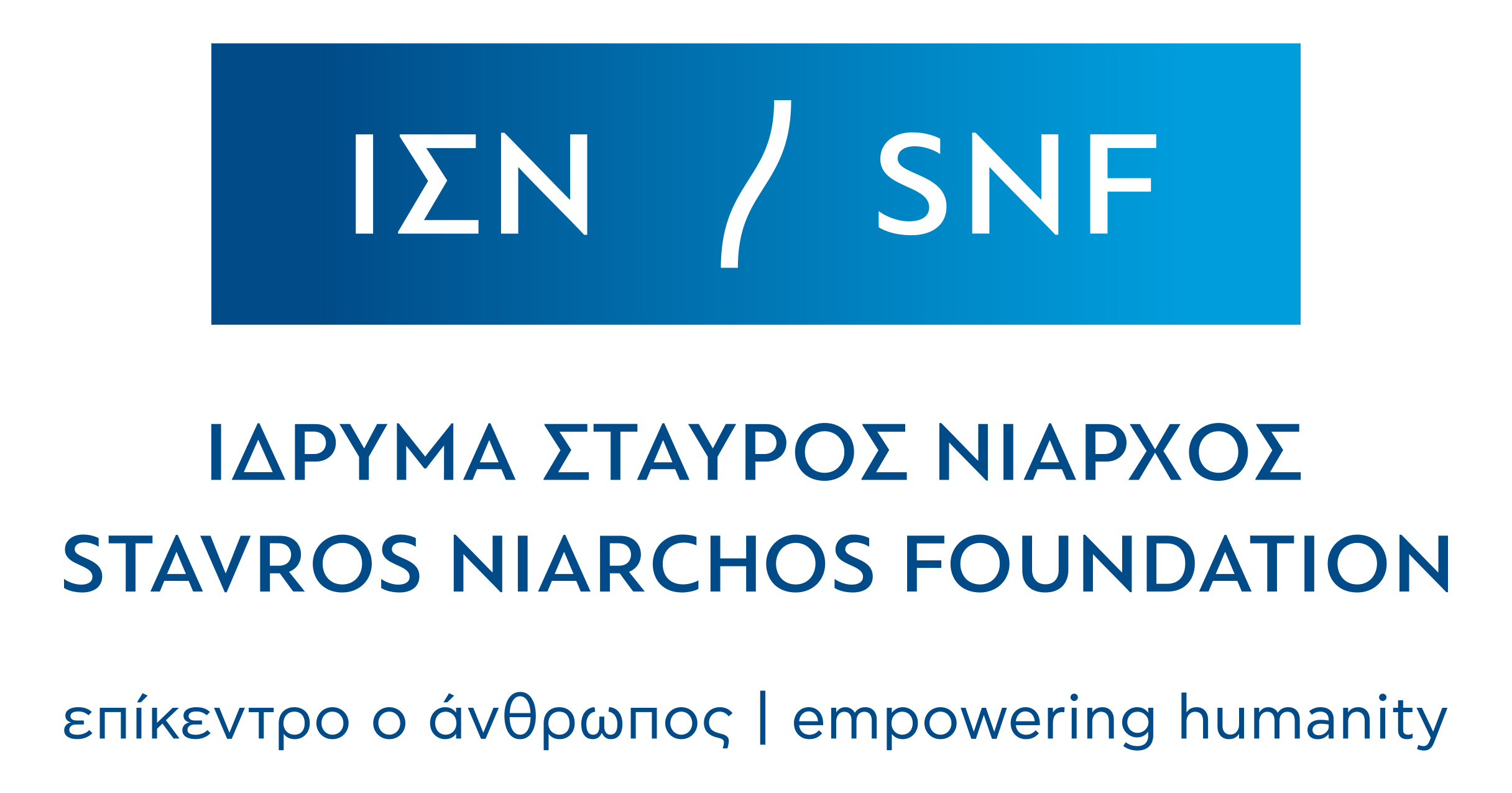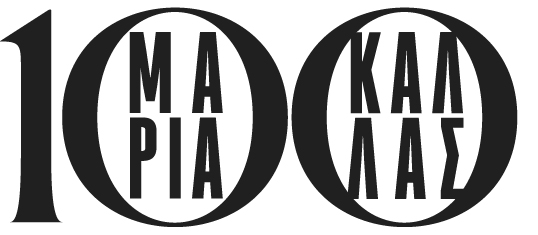Contact
ADDRESS
STAVROS NIARCHOS FOUNDATION
CULTURAL CENTER
364 Syggrou Avenue, Kallithea
TEL.
Box Office:
+30 213 0885700
Box Office email:
boxoffice@nationalopera.gr
Daily 09.00-21.00
info@nationalopera.gr
Register to our Newsletter


Conceived, researched, written, and narrated by VASILIS LOURAS
Directed by MICHALIS ASTHENIDIS – VASILIS LOURAS
Edited by MICHALIS ASTHENIDIS
Produced by STELLA ANGELETOU
Research consultants ARIS CHRISTOFELLIS, SOPHIA KOMPOTIATI
Production management, public relations Io Calochristos
Director of photography Fotis Zygouris
Sound technician Filippos Manesis
Drone operator Christos Giatrakos
Colourist Manthos G. Sardis
Sound mix Costas Bokos
Camera operator Fotis Bougas
Lighting equipment BSK – Electrical Equipment Gaffers Giorgos Zagoreos, Thanasis Kyritsis, Vlasis Papapetropoulos, Vangelis Kontodimas
Photography Andreas Simopoulos, Valeria Isaeva
Hair and make-up Elena Papazoglou, Amanda Vele
Analysis and restoration of unreleased recordings Aris Christofellis
Music supervisor Vasilis Louras
Visual identity Nikos Pastras
Animation Vangelis Mantzavinos
Projections – 3D mapping Evangelos Tsaroumis
Associate graphic designer Maria Bougioukou
French voiceover Vincent Lambert
Translations Kyriacos Karseras (Greek to English), Lito Ioakimidou (French), Angeliki Boura (English to Greek), texto (German, French)
“Madre, pietosa Vergine” aria translated into Greek by Giorgos Kasapidis
Production, transcription, end credits Giota Loura Research associate Thodoris Chondrogiannos Subtitle spotting Effie Mouka
Subtitle editing and proofing Dimitris Karadimas
GNO recordings Giorgos Rekoutis, Head of GNO Sound, Sound Boosting & Sound Recording Department
Legal services Daphne Chatziprokopiou, Kleri Kouri
This documentary features in order the following persons:
— Maria Callas
— Aris Christofellis countertenor, musicologist
— Hypatia Louvi soprano [audio recording]
— Hara Kalomiri Head of the Greek National Conservatoire
— Marika Papadopoulou soprano
— Philippos Tsalahouris composer
— Spyros Saligaros baritone [audio recording]
— Hy Gardner journalist
— George Kalogeropoulos father of Maria Callas
— Elli Nikolaidi GNO Chorus mistress [audio recording]
— Dr Stella Kourmpana Head of the Athens Conservatoire Archives
— Zoe Vlachopoulos soprano
— Elvira de Hidalgo soprano, singing teacher
— Giorgos Koumendakis composer, GNO Artistic Director
— John C. Bastias author, son of the GNO’s Founding Director Costis Bastias
— Konstantinos Pylarinos friend of Maria Callas, President of the Maria Callas Scholarship Association
— Polyvios Marchand author [audio recording]
— Dr Sophia Kompotiati musicologist, GNO associate
— Dr Sofia Kontossi musicologist, expert on the life and work of Leonidas Zoras
— Irma Kolassi mezzo-soprano, pianist [audio recording]
— Stathis Arfanis collector [audio recording]
— Dino Yannopoulos stage director [audio recording]
— Mitsa Kourachani mezzo-soprano [audio recording]
— Arda Mandikian mezzo-soprano
— Leonidas Zoras conductor
— Stephan Hörner son of the conductor Hans Hörner
— Nikos Petsalis-Diomidis historian, author
— Elvira Mataraga soprano, GNO Chorus member [audio recording]
— Ray Morgan British officer stationed in Athens in 1944
— Xenia Kourousopoulou wife of the tenor Loudovikos Kourousopoulos [audio recording]
— Galatia Amaxopoulou soprano [audio recording]
— Georgios Anemogiannis set and costume designer [audio recording]
— Antiochos Evangelatos conductor
— Dimitris Tsitouras collector
— Costis Bastias Founding Director of the GNO [audio recording]
— Kiki Morfoniou mezzo-soprano
— Olga Burlachensko-Tzafesta mezzo-soprano, GNO Chorus member
— Pepi Foka-Christoyannopoulou wife of former GNO Chief of Staff Ioannis Christoyannopoulos
— Dimitris Methenitis friend of Maria Callas
Tickets: €10
Screening
Stavros Niarchos Hall of the GNO – SNFCC
Starts at: 18.30 | 

Lead Donor of the GNO & Maria Callas Tribute Donor

Maria Callas Tribute Sponsor
PPC (Public Power Company)
As part of the tribute to the centennial of Maria Callas’ birth

Documentary sponsorship support
The Ulysses & Florica Kyriakopoulos Family
Dedicated to Nikos Petsalis-Diomidis and Polyvios Marchand, whose work first brought Maria’s early years in Athens to light.
On 2 December 2023, 100 years to the day since the birth of Maria Callas, the Stavros Niarchos Hall will be hosting the premiere of the documentary made by Vasilis Louras on the unsung Greek years of the greatest opera artist of the 20th century, directed by Michalis Asthenidis and Vasilis Louras, and co-produced by the Greek National Opera with Escape. On 8 December 2023, the documentary is also set to be broadcast in France, on France TV 5, as part of the major France Télévisions tribute to Maria Callas being presented in partnership with the Opéra national de Paris and the Greek National Opera. The GNO Year of Callas tribute programme is sponsored by the PPC (Public Power Corporation). This programme is made possible by a grant from the Stavros Niarchos Foundation (SNF) [www.SNF.org] to enhance the GNO’s artistic outreach.
Her foremost artistic achievements and little-known debuts, the figures who so influenced her, and the major landmarks in her development as an artist, but also the prevailing social and political circumstances in Greece during World War II, the Greek Civil War milieu of the 1940s and ’50s, and the unjust attacks she endured – these are the key narrative threads used to tell the story of the troubled, novel-like life of Callas, who always walked the line between tragedy and triumph. Making use of rare archival documentation, never-before-released recordings, interviews, and other audio materials, and taking the lead from the invaluable books written by Polyvios Marchand and –moreover– Nikos Petsalis-Diomidis, this documentary seeks to tell the story of Callas’ early years – the story of a triumph achieved through strength of character and talent, hard work and dedication, a story that saw her defy every difficulty and all the abusive behaviour she faced.
The documentary seeks to shed light on the years in which Callas came of age as a woman and as an artist –that is, in Athens during the Second World War– but also on the years after 1957 when the diva, by then renowned internationally, reconnected with Greece.
While the 14-year-old Kalogeropoulou, on arriving in Athens back in 1937, would first introduce herself to her fellow students at the Greek National Conservatoire as Mary, she would go on to sign her first contract with the Greek National Opera in 1940 as Marianna. In March 1945, a little before leaving Athens for New York, she would make a concert appearance as Mary Callas – an artist ready to spread her wings and soar into the heights of a great career that would bring her fame across the entire globe as Maria Callas. When she next returned to Athens, in 1957 as a fully-fledged star of the opera world, she would appear at the Odeon of Herodes Atticus as Maria Meneghini Callas.
New interviews were conducted specially for the purposes of this documentary, with such figures as John C. Bastias, son of the GNO’s Founding Director; Giorgos Koumendakis, Artistic Director of the GNO; the opera artist Aris Christofellis; Konstantinos Pylarinos, President of the Maria Callas Scholarship Programme; Stephan Hörner, son of the maestro Hans Hörner, who conducted Callas in a 1944 production of Fidelio; mezzo-soprano Kiki Morfoniou, who took part in the performances Callas gave of productions of Norma and Medea at the Ancient Theatre of Epidaurus; Hara Kalomiri, Head of the Greek National Conservatoire; Stella Kourmpana, head of the Athens Conservatoire Archives; the musicologist Sofia Kontossi, expert on the Leonidas Zoras Archive; Philippos Tsalahouris, expert on Manolis Kalomiris; and others.
In addition, beyond archival interviews with Callas herself, the documentary also draws on existing interviews with her Athens Conservatoire teacher Elvira de Hidalgo; her colleagues Zoe Vlachopoulos, Marika Papadopoulou, and Arda Mandikian; the author Nikos Petsalis-Diomidis; the conductor Leonidas Zoras; Callas’ friend, the British soldier Ray Morgan; and others. Last but not least, the documentary features invaluable testimony left by people who worked with Callas during the Axis occupation of Greece, including: the Founding Director of the GNO, Costis Bastias; the director of her first Tosca performance, Dino Yannopoulos; former GNO Chorus mistress Elli Nikolaidi; the pianist (co-répétitrice) Irma Kolassi; fellow singers Spyros Saligaros and Mitsa Kourachani; and others.
While the trauma of the war would trail Callas throughout her life, it is nevertheless quite clear that the foundations for her later artistic achievements were laid during those difficult years she spent in Athens. And it is not just that she was trained in the city by Elvira de Hidalgo – it is also that she gained invaluable on-stage and performance experience through her appearances at the Greek National Opera. And, on a more personal level, it was during those eight years that she tapped the inner strength she needed to transform every difficulty, every challenge, and every onslaught into the resources and grit she would tap later in life.
A recording of the recital she gave at the Odeon of Herodes Atticus in 1957 forms the backbone of the documentary’s music script, supplemented by other breath-taking studio and live recordings of Callas. The documentary also features never-before-released recordings of Callas.
This documentary is included in the Greek National Opera tribute programme marking the centennial of Maria Callas’ birth – part of the 2023 UNESCO Maria Callas Anniversary proposed by the Hellenic Ministry of Culture. The GNO Year of Callas tribute programme is curated by its Artistic Director, Giorgos Koumendakis.
Mary, Marianna, Maria is conceived, researched, and written by Vasilis Louras, Artistic Consultant for Communications and Programming at the GNO, and co-directed by the filmmaker Michalis Asthenidis and Vasilis Louras. Serving as research consultants for the documentary are the eminent opera artist Aris Christofellis and GNO Associate Musicologist Sophia Kompotiati. This documentary is co-produced by the Greek National Opera and Escape Productions. Serving as producer of the documentary is Stella Angeletou, Director of Production at the GNO.
STAVROS NIARCHOS FOUNDATION
CULTURAL CENTER
364 Syggrou Avenue, Kallithea
Box Office:
+30 213 0885700
Box Office email:
boxoffice@nationalopera.gr
Daily 09.00-21.00
info@nationalopera.gr